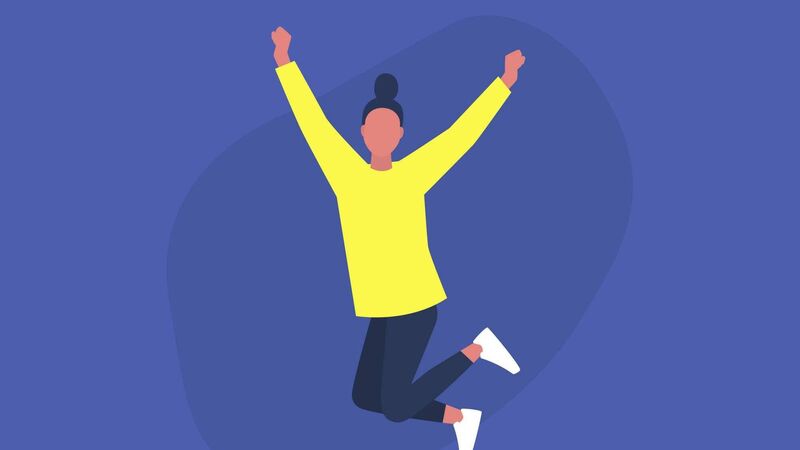Science tells us 47 is when we are at our unhappiest — so what can we do about it?

When Douglas Adams wrote his comedy science fiction series , he declared 42 the answer to life, the universe and everything. Science fact, however, shows that 47.2 in human years is when we feel furthest from comedy; it is the average age, globally, when we feel glummest. The U-bend of human chronology. The midlife slump.
As psychiatrist Brendan Kelly approached his 47th birthday, he wondered if he too would dip into misery. He decided to have a psychological, scientific and cultural look at happiness — to figure out who feels it most and least and why and, more importantly, what we can actively do to cultivate it.








